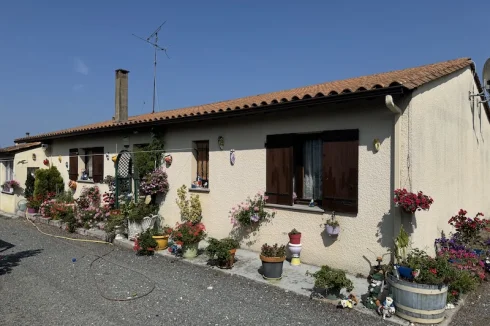Bonfire of French Taxes?
Tuesday 08 May 2018
The French government have stated they intend to reduce the number of taxes, and not to introduce new taxes unless they attain a minimum yield in revenue.
The abolition of "petites taxes", and a reduction of taxes on businesses, are two key objectives being pursued by the Macron government.
Sitting before a French parliamentary committee last month, Gérald Darmanin, the Budget Minister stated that the government was preparing a finance bill with a view to abolishing low-yielding taxes.
“We will list them and abolish some of them each year. And I will propose a moratorium on the creation of new small taxes," he stated.
According to the Minister, the French cabinet had decided to phase out any tax that did not yield at least €150m a year in revenues.
“We have many small taxes today that handicap French life, create complexity and which are a bit absurd", he argued.
The €150m minimum yield is based on a report prepared in 2014 by the Inspection générale des finances (IGF), which identified 192 such taxes.
In total, the taxes brought in €5.3b to the State, but taken individually none generated more than €150m, with the vast majority well below this figure.
The report noted that the creation of low-yielding taxes had accelerated in recent years. "The movement has experienced a new dynamic since the late 1990s. Thus, while between 1970 and 1997, the average annual tax created was 1.7 it has since risen to 6.6," the report's authors pointed out.
In a similar report carried out by the European Commission in 2013, which measured the number of taxes generating revenues inferior to 0.1% of GDP, France had by far the largest number of such taxes than any other country in Europe.
Few of the taxes listed in the IGF report are direct taxes on individual households, although businesses that have to pay them will inevitability be required to pass on at least some their impact to the consumer.
Among the 192 taxes that were listed in the report were those with such resplendent descriptions as:
- Droits d'enregistrement sur les mutations à titre onéreux de meubles corporel - €0.1m
- Prélèvement sur les films est les représentations théâtrales pornographiques - €0.1m
- Redevance proportionnelle sur l'énergie hydraulique - €0.9m
- Taxes de trottoir et de pavage - €1.0m
- Taxe sur les friches commerciales - €0
- Droit départemental de passage sur les ouvrages d'art reliant le continent aux îles maritimes - €1.0m
- Taxe de protection des obtentions végétale - €1.0m
- Taxe sur les boues d'épuration urbaines ou industrielles - €0.7m
- Redevance relative aux contrôles renforcés à l'importation des denrées alimentaires d'origine non animale - €0m
- Redevance pour obstacle sur les cours d'eau - €0.3m
Some of these taxes were subsequently abolished in 2015, although the vast majority remain in place.
The IGF state that in an international comparison, the number of taxes on large companies in France is two to four times greater than in most other European countries.
However, although many taxes will be abolished, it is likely many will be simply amalgamated with other existing taxes to ensure that the income from such taxes is maintained.
The report identifies four "options" for reducing the tax burden on larger businesses: taxes based on turnover, those based on the wage bill, production taxes and taxes based on land and property.
According to the authors, such taxes are disconnected from a company's ability to pay taxes because, for instance, "a significant property presence does not reflect a company's profitability and directly affects investments in production infrastructure".
The local councils have protested against the possible reduction of taxes on business property, which for many is their main income source.
The government have already begun to dismantle one of the municipal taxes, the taxe d'habitation, whose abolition will cost the State a whopping €20b+ a year.
Just how the government is going to fill the gap caused by scrapping this tax remains unclear, but it seems inevitable that an increase in one or more existing taxes will be necessary.
Thank you for showing an interest in our News section.
Our News section is no longer being published although our catalogue of articles remains in place.
If you found our News useful, please have a look at France Insider, our subscription based News service with in-depth analysis, or our authoritative Guides to France.
If you require advice and assistance with the purchase of French property and moving to France, then take a look at the France Insider Property Clinic.





